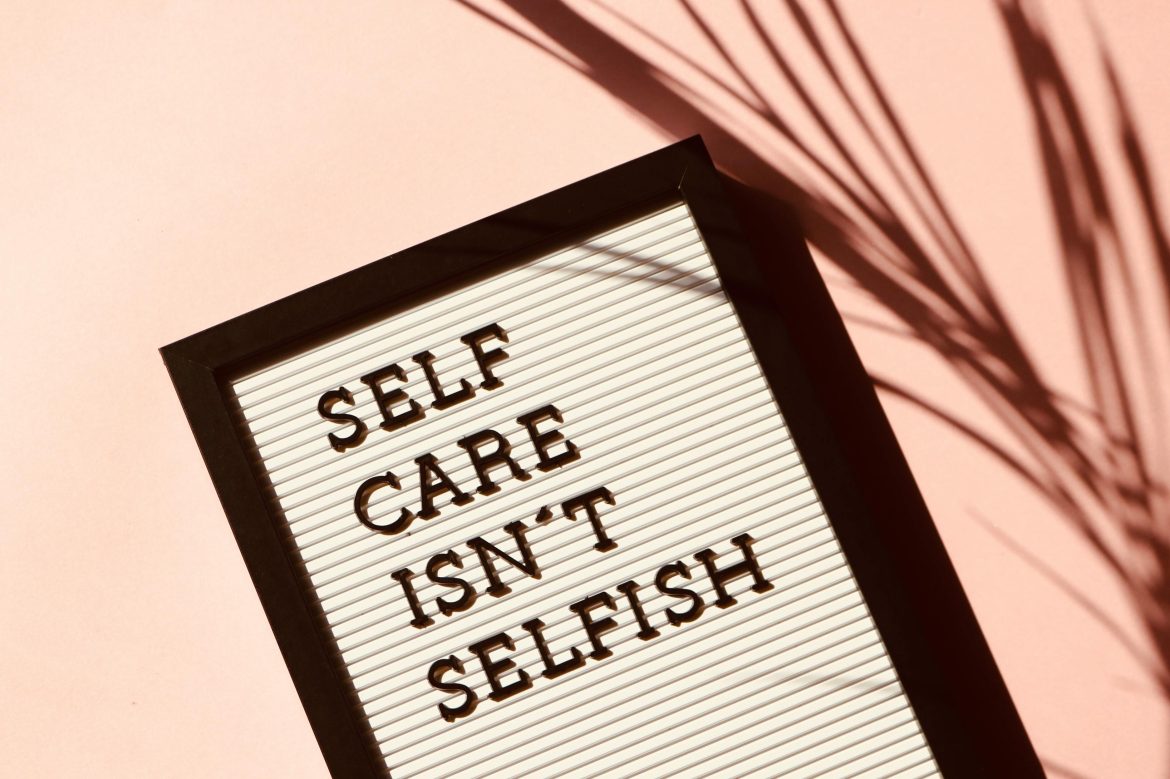Table of Contents
The mind-body connection is a profound and intricate relationship between our mental and physical health. It illustrates how our thoughts, emotions, and psychological states can influence our physical well-being and vice versa. Understanding this connection is essential for achieving holistic health, as it helps us recognize the interdependence between our mental and physical states and adopt strategies that promote overall wellness.
The Science of the Mind-Body Connection
The mind-body connection is rooted in the way our brain and body communicate through various systems, including the nervous system, endocrine system, and immune system.
1. Nervous System
The nervous system plays a key role in the mind-body connection. It consists of the central nervous system (brain and spinal cord) and the peripheral nervous system (nerves throughout the body). Stress and emotional states can activate the autonomic nervous system, which regulates bodily functions such as heart rate, digestion, and respiration. For example, chronic stress can lead to increased heart rate, elevated blood pressure, and gastrointestinal issues.
2. Endocrine System
The endocrine system consists of glands that secrete hormones into the bloodstream. Hormones such as cortisol, adrenaline, and serotonin play a role in how we respond to stress and regulate mood. Chronic stress can lead to an overproduction of cortisol, which is linked to health issues like weight gain, high blood pressure, and impaired immune function.
3. Immune System
The immune system protects the body from illness and infection. Research shows that chronic stress and negative emotions can weaken the immune response, making us more susceptible to illness. Conversely, positive emotional states and stress management techniques can enhance immune function and overall health.
The Impact of Mental Health on Physical Health
Mental health significantly impacts physical health in various ways. Here are some key examples:
1. Stress and Physical Health
Chronic stress is a major contributor to various physical health problems. It can lead to:
- Cardiovascular Issues: Prolonged stress can cause high blood pressure, heart disease, and increased risk of stroke.
- Gastrointestinal Problems: Stress can lead to digestive issues such as irritable bowel syndrome (IBS) and stomach ulcers.
- Weakened Immune System: Chronic stress impairs immune function, making the body more vulnerable to infections and illnesses.
2. Depression and Physical Health
Depression is not only a mental health condition but also has significant physical implications:
- Chronic Pain: Individuals with depression often experience chronic pain conditions such as back pain and headaches.
- Fatigue: Depression can lead to persistent fatigue and low energy levels, impacting daily functioning and physical activity.
- Sleep Disturbances: Depression can cause sleep problems, including insomnia or oversleeping, which further affect physical health.
3. Anxiety and Physical Health
Anxiety can also have physical manifestations, including:
- Muscle Tension: Chronic anxiety often leads to muscle tension, headaches, and jaw pain.
- Respiratory Issues: Anxiety can cause shortness of breath and hyperventilation.
- Digestive Problems: Anxiety may contribute to gastrointestinal issues such as nausea, diarrhea, and abdominal discomfort.
The Impact of Physical Health on Mental Health
Physical health can influence mental well-being in several ways:
1. Exercise and Mental Health
Regular physical activity is beneficial for mental health:
- Endorphin Release: Exercise promotes the release of endorphins, which are natural mood elevators.
- Reduced Stress: Physical activity helps reduce stress by lowering cortisol levels and improving sleep quality.
- Improved Cognitive Function: Exercise enhances cognitive function and can help alleviate symptoms of depression and anxiety.

2. Nutrition and Mental Health
A balanced diet plays a role in mental health:
- Nutrient Intake: Essential nutrients such as omega-3 fatty acids, B vitamins, and antioxidants support brain function and emotional health.
- Blood Sugar Regulation: Stable blood sugar levels from a balanced diet can help maintain mood stability and energy levels.
3. Sleep and Mental Health
Quality sleep is crucial for mental health:
- Restoration and Repair: Sleep provides time for the brain and body to repair and rejuvenate, supporting cognitive function and emotional regulation.
- Mood Regulation: Adequate sleep helps regulate mood and reduce symptoms of depression and anxiety.

Strategies for Enhancing the Mind-Body Connection
Understanding and nurturing the mind-body connection can lead to improved overall health. Here are some strategies to enhance this connection:
1. Practice Mindfulness and Meditation
Mindfulness and meditation can help manage stress and improve mental clarity:
- Mindfulness Meditation: Practice mindfulness to stay present and observe your thoughts and feelings without judgment.
- Breathing Exercises: Use deep breathing techniques to calm the nervous system and reduce stress.
2. Engage in Regular Physical Activity
Incorporate regular exercise into your routine to support both physical and mental health:
- Choose Activities You Enjoy: Find physical activities you enjoy, such as walking, swimming, or dancing, to make exercise a pleasurable part of your life.
- Set Realistic Goals: Set achievable exercise goals and gradually increase your activity level to improve physical and mental well-being.
3. Maintain a Balanced Diet
Adopt a nutritious diet to support overall health:
- Eat a Variety of Foods: Include fruits, vegetables, whole grains, lean proteins, and healthy fats in your diet.
- Stay Hydrated: Drink plenty of water to support bodily functions and cognitive performance.

4. Prioritize Sleep
Ensure you get sufficient, quality sleep:
- Establish a Routine: Maintain a consistent sleep schedule and create a relaxing bedtime routine.
- Create a Sleep-Friendly Environment: Keep your bedroom cool, dark, and quiet to promote restful sleep.
5. Seek Professional Support
If you’re struggling with mental or physical health issues, seek professional support:
- Therapists and Counselors: Mental health professionals can provide strategies for managing stress, anxiety, and depression.
- Healthcare Providers: Consult with healthcare providers for physical health concerns and preventive care.
Conclusion
The mind-body connection underscores the intricate relationship between our mental and physical health. By recognizing and nurturing this connection, we can enhance our overall well-being and lead healthier, more balanced lives. Incorporating strategies such as mindfulness, regular exercise, a balanced diet, adequate sleep, and seeking professional support can help you maintain a harmonious mind-body relationship and achieve optimal health.


